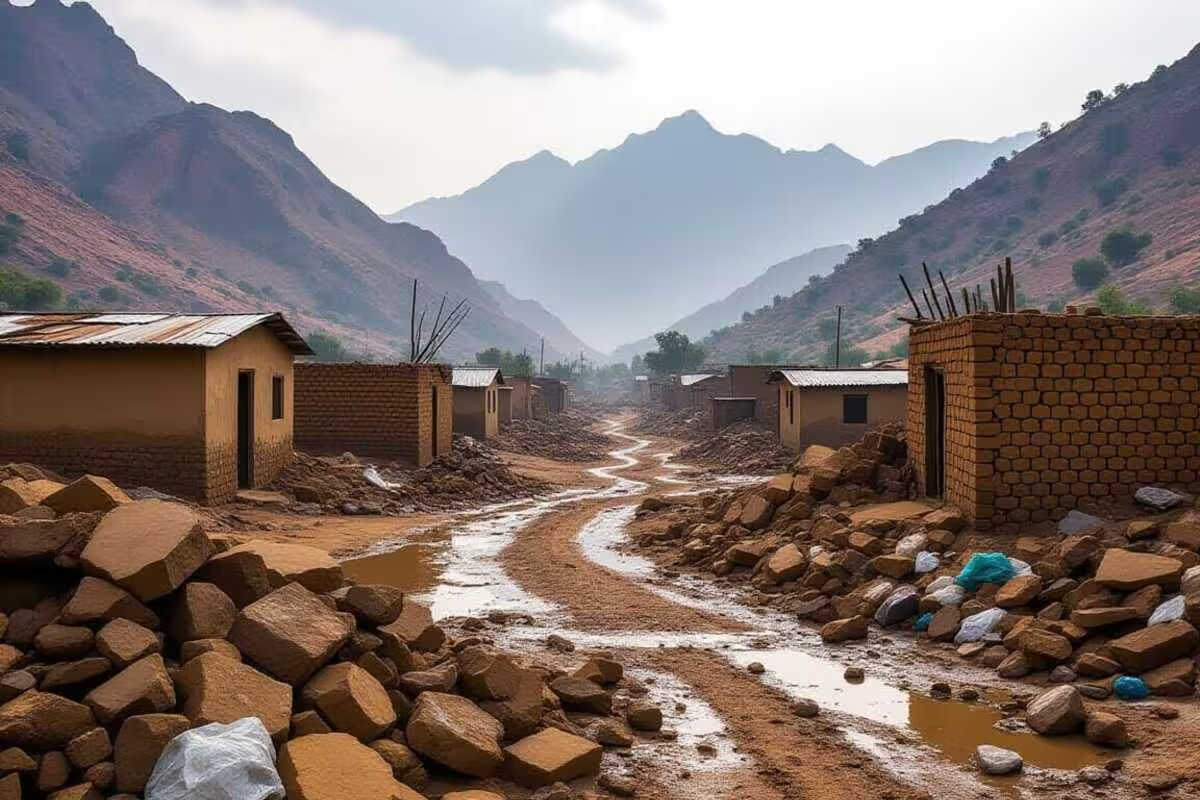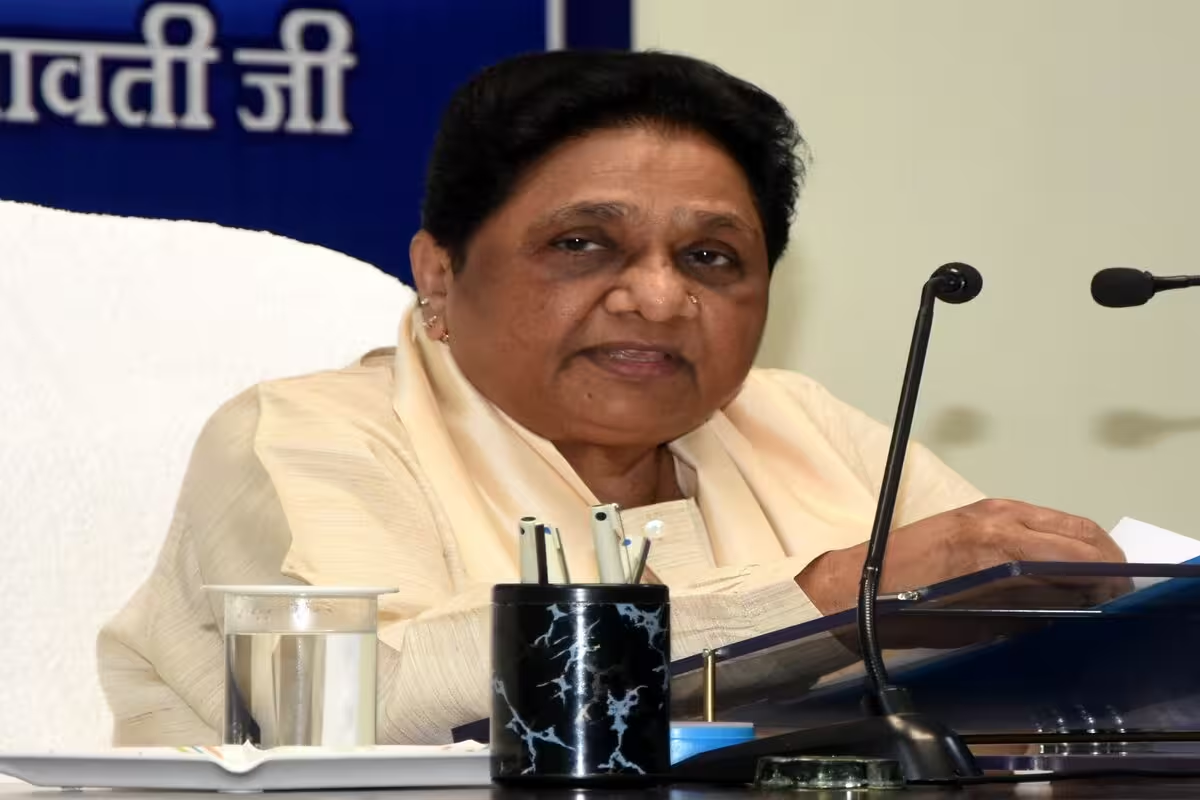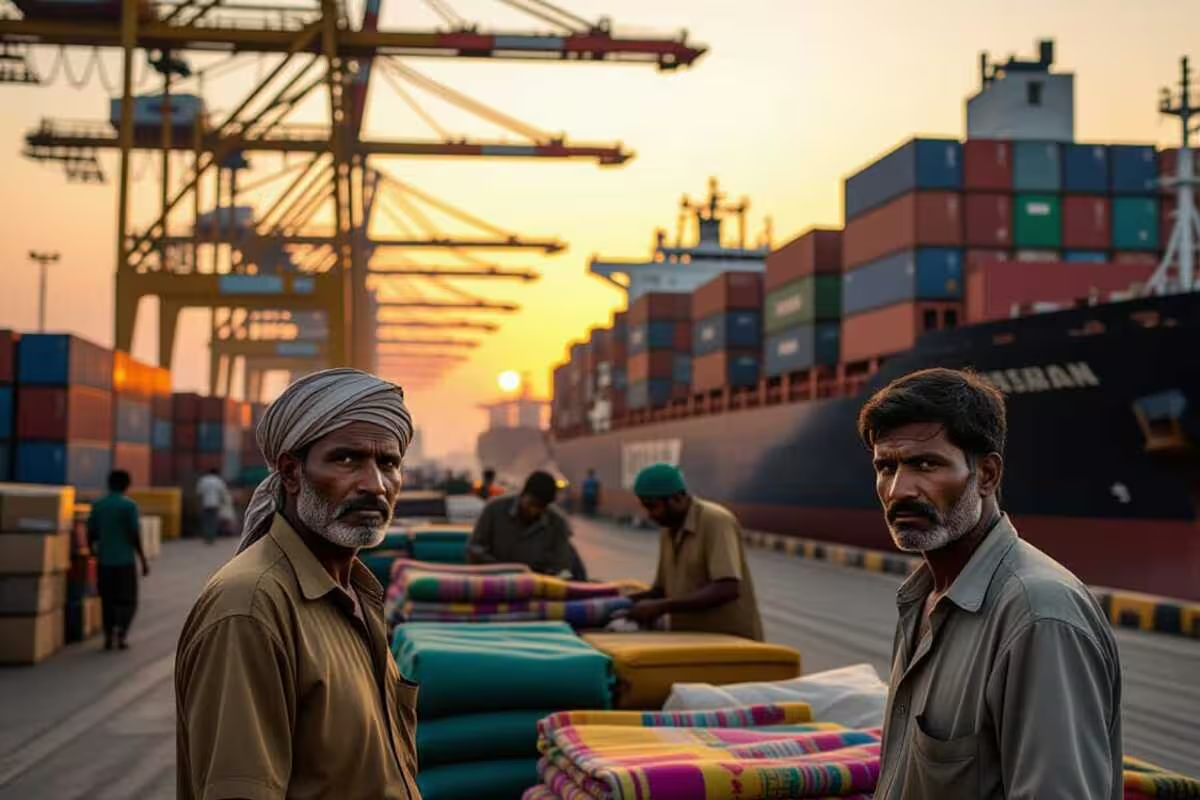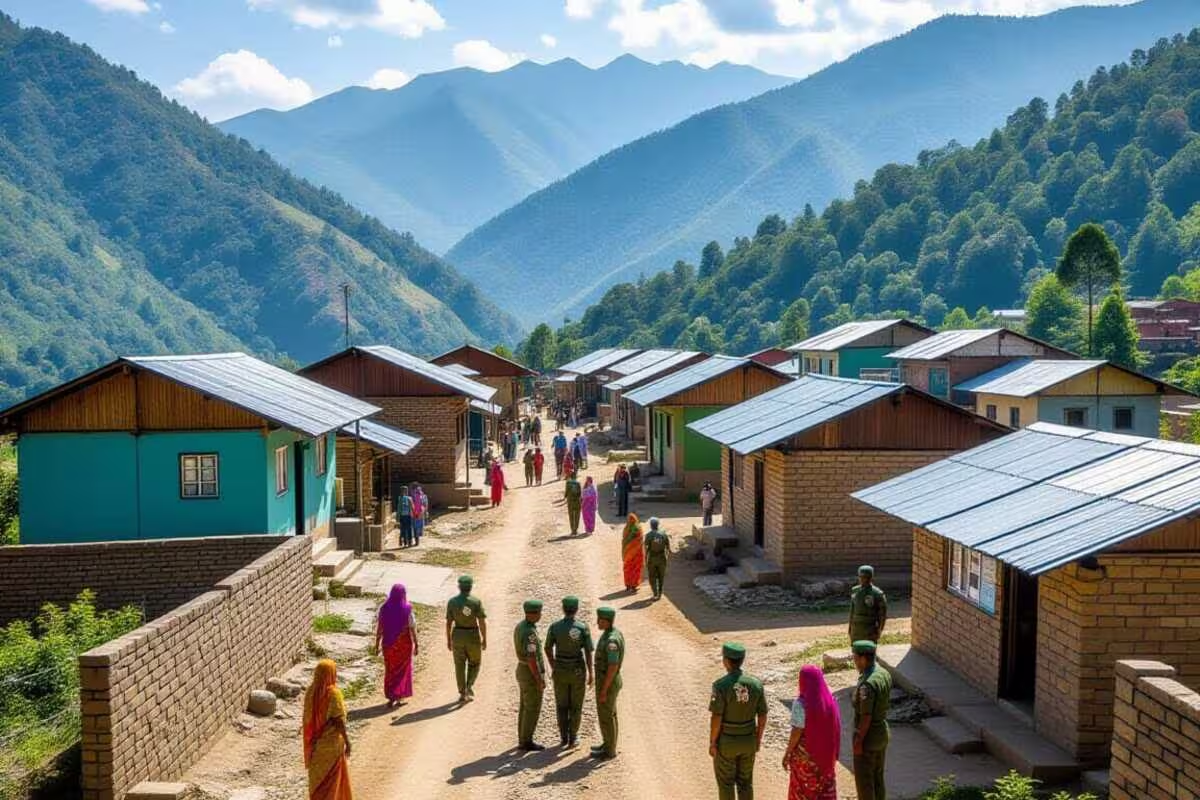HCCB Partners with Telangana to Train 1,000 Women Entrepreneurs
HYDERABAD, India – August 26, 2025:Hindustan Coca-Cola Beverages (HCCB) and Telangana’s Society for Elimination of Rural Poverty (SERP) have signed a deal to train over 1,000 women entrepreneurs from Self-Help Groups (SHGs). This is part of HCCB’s Project SHINE, and it will give women running Mahila Shakti Canteens key skills in money, tech, and store management. It’s a team effort between the state and a private company to grow the economy from the ground up.
More Than Just Money: Teaching Business Skills
This project isn’t just about giving small loans, which is how SHGs have been helped in the past. The main goal is to help women build real, long-lasting business skills. The training will cover things like bookkeeping, inventory, and calculating profits to help them understand money better.
It will also teach them about tech, like using online payment systems, handling online orders, and using social media to get the word out. This is important so these small businesses can be part of the growing digital world.
The training will also include tips on sales, dealing with customers, and making their canteens look nice to raise the standards of the Mahila Shakti Canteens. The idea is to turn these local food centers into successful, well-run businesses instead of just simple places to eat.
Who’s Involved
The agreement was signed by Ms. Divya Devarajan, CEO of SERP, and Mr. Himanshu Priyadarshi, Chief Public Affairs and Communications & Sustainability Officer, HCCB. Both said that this partnership is important for helping women grow.
Ms. Devarajan said that the partnership will help women entrepreneurs stand on their own two feet by giving them the skills and training they need. She added that SERP will make sure the program fits in with local development plans and works with state and national programs like DAY-NRLM.
Mr. Priyadarshi said that HCCB believes starting a business is key to strong, inclusive growth. He noted that this project is part of HCCB’s larger plan to help the community and invest in Telangana’s future. The company plans to use its knowledge of supply chains and store management to provide useful, real-world training.
Fixing a Common Problem
The training program is meant to fix a problem that many SHGs face. Even though millions of women have joined SHGs and have access to loans, many don’t have the business skills to manage and grow their businesses. Studies have shown that knowing about tech and money is important for women-owned businesses to succeed.
One study found that women who understand digital finance are more likely to be part of the formal economy. This program is a practical step toward fixing this. It wants to make the Mahila Shakti Canteens not just places to earn a living, but examples of how women can be empowered through tech and money.
India’s GST Change: New Tax Slabs & 40% Rate
SHGs: A History of Helping Women
This project builds on the work of the Deendayal Antyodaya Yojana–National Rural Livelihoods Mission (DAY-NRLM), which has helped over 86.4 million women join SHGs across India. DAY-NRLM has been successful in giving women access to money, with SHGs borrowing over ₹5.83 trillion in bank loans.
But to help women even more, it’s important to go beyond just giving them credit and start building their skills. Programs like this one in Telangana are seen as the next step for the SHG movement, turning women into real business owners. This kind of partnership between the government and private companies is becoming more common, with companies using their resources and knowledge to help the government’s development efforts.
What This Means for the Future
If this pilot program in Telangana works well, it could be used as a model for partnerships in other states and industries. If the training helps the canteens make more money, manage their finances better, and reach more customers, it could inspire similar projects across the country. The program’s success will depend on how many women are trained and how well their businesses do in the long run.
Focusing on Mahila Shakti Canteens is a good move. These canteens are not just businesses; they are places where women can become independent and communities can be strengthened. By making these places stronger, the program can have a positive impact on local economies and communities. This partnership could lead to more cooperation between companies and the government, going beyond just donations to create development projects that are effective, sustainable, and expandable.
















